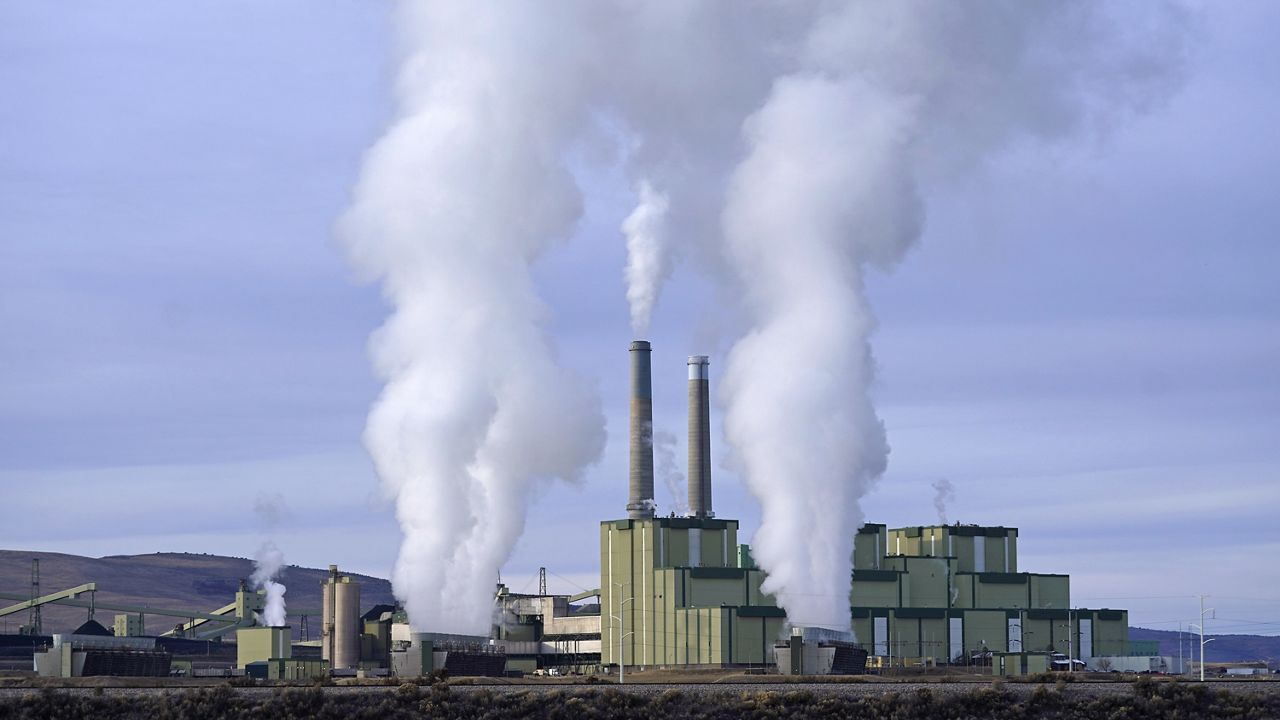The Securities and Exchange Commission’s new rule relating to transparency from companies about climate risks and emissions is now facing legal challenges from both sides of the issue after a top environmental group filed a lawsuit this week arguing the rule does not go far enough.
The Sierra Club and the Sierra Club Foundation, a leading environmental group, this week sued the SEC, asserting that the federal agency’s new finalized rule, two years in the making, allows companies to “selectively report” climate risks to their businesses, thus enabling them to not fully live up to the requirement to protect investors.
“The SEC has a responsibility to Sierra Club Foundation, as an investor, to ensure that we have the tools and information needed to fully assess the risks and opportunities within our portfolios,” Sierra Club Foundation Executive Director Dan Chu said in a statement. “The new disclosure rules fall short of providing us with the complete and consistent information we need to assess the significant financial risk that climate poses to companies and investments.”
“Through legal recourse, we aim to hold the SEC accountable to its mission: protect and empower the rights of every single investor,” the statement continued.
The rule, first proposed in 2022 and finalized last week, requires large public companies to begin reporting the risks their businesses face from climate change and, in some cases, disclose their greenhouse gas emissions to investors.
As President Joe Biden looks to make strides on addressing climate change, the SEC’s proposed rule in March 2022 was significantly more sweeping than the end result approved two years later.
The rule the SEC approved 3-2 along party lines last week scaled back some of the most extensive stipulations such as requiring certain large companies to disclose data on the emissions from supply chains and customer use of their products.
“Our federal securities laws lay out a basic bargain. Investors get to decide which risks they want to take so long as companies raising money from the public make what President Franklin Roosevelt called ‘complete and truthful disclosure,’” SEC Chair Gary Gensler said in a statement last week. “Over the last 90 years, the SEC has updated, from time to time, the disclosure requirements underlying that basic bargain and, when necessary, provided guidance with respect to those disclosure requirements.”
Almost immediately after the rule’s approval, ten states with Republican governors filed a legal challenge, asserting it places an unnecessary burden on companies and accusing the Biden administration of acting like a “puppeteer” to push its climate agenda.
“What they have released today is still wildly in defect and illegal and unconstitutional,” West Virginia Attorney General Patrick Morrisey said in a briefing announcing the legal challenge shortly after the rule’s approval.
The states listed on the petition include West Virginia, Georgia, Alabama, Alaska, Indiana, New Hampshire, Oklahoma, South Carolina, Wyoming and Virginia.
“The SEC wants to do to private businesses what thousands of scientists cannot and that is to determine the exact impact of greenhouse gas emissions,” Morrisey said. “By forcing private businesses to make these guesses, the Biden administration is once again placing its agenda onto an unwilling public.”
Earlier this week, nine additional states, including Iowa, Arkansas, Idaho, Missouri, Montana, Nebraska, North Dakota, South Dakota and Utah, filed their own legal challenge to the rule.
Oil and gas industry groups are also suing over the new rule.



